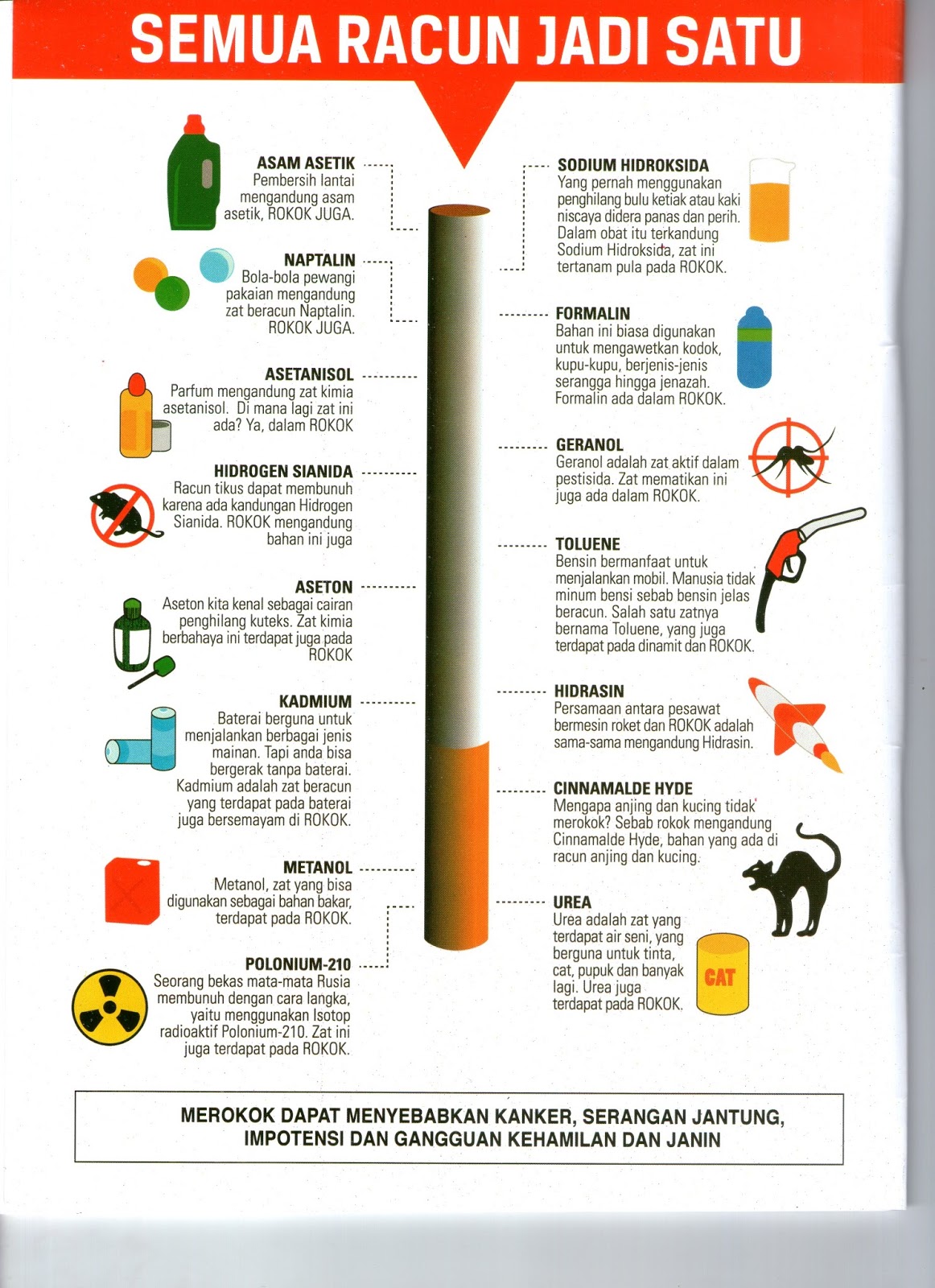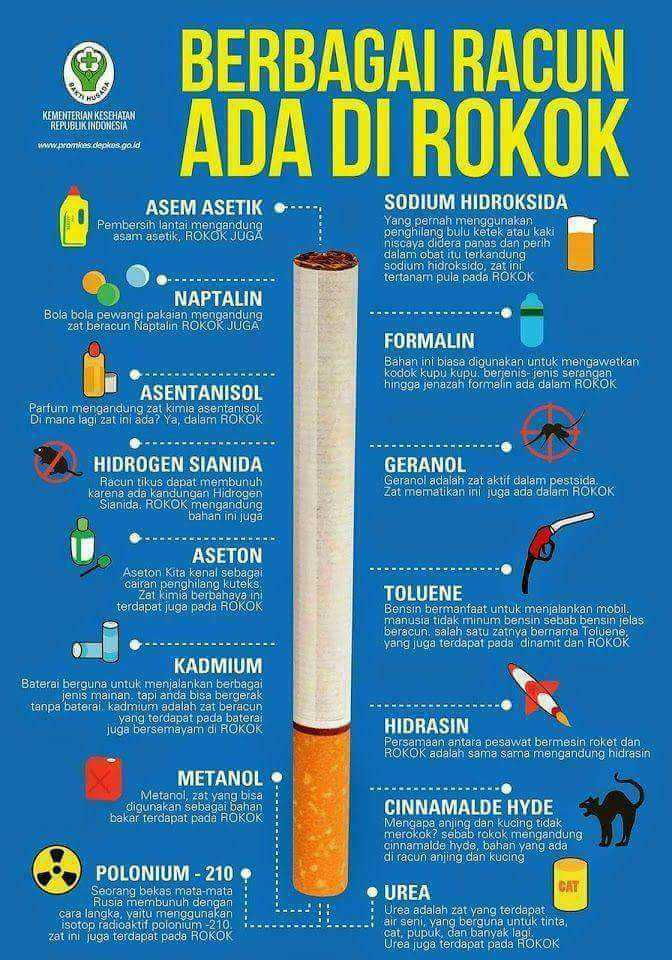The Chemical Cocktail Inside a Cigarette What's Lurking in Your Smoke

Ever wonder what you're actually inhaling when you light up a cigarette? It's not just tobacco. It's a complex mixture of over 7,000 chemicals, many of which are harmful, and some even deadly. This isn't just about the nicotine, the addictive substance that keeps smokers coming back for more. This is about the entire cocktail of substances contained within a cigarette and released into the smoke that has devastating effects on the human body.
Think of a cigarette as a tiny chemical factory, churning out a potent blend of gases and particulate matter with every puff. This mixture, which forms the composition of cigarette smoke, is far more complex than most people realize. It's not just a simple act of burning dried leaves; it’s a complex chemical reaction producing a dangerous concoction. This raises a crucial question: What exactly are these cigarette ingredients, and why should we be concerned about them?
Understanding the chemical constituents of cigarettes is crucial for grasping the health risks associated with smoking. While many are aware of the dangers, a deep dive into the specific substances lurking within cigarettes can provide a more concrete understanding of why lighting up poses such a significant threat. This knowledge can empower individuals to make informed decisions about their health and potentially motivate them to quit or avoid starting in the first place. We’re going to explore the hidden world inside your cigarette and reveal the shocking truth about what you're inhaling.
The substances found in cigarettes can be broadly categorized into several groups. These include nicotine, the addictive component; carcinogens, cancer-causing agents; toxic metals like lead and arsenic; and poisonous gases such as carbon monoxide and hydrogen cyanide. Each of these groups plays a different, yet equally harmful, role in the detrimental effects of smoking. This chemical makeup is the reason why cigarette smoking is the leading preventable cause of death worldwide.
Let’s delve into the historical context. The chemical composition of cigarettes has evolved over time. Early cigarettes were primarily made of tobacco, but as manufacturing processes became more sophisticated, additives were introduced to enhance flavor, burn rate, and nicotine delivery. This resulted in an even more complex and potentially harmful mixture. Understanding this evolution helps us understand how the health risks associated with smoking have intensified.
While there are absolutely no benefits to the harmful chemicals present in cigarettes, some argue that nicotine can have a short-term cognitive-enhancing effect. However, this is drastically overshadowed by the overwhelming negative health consequences. The inclusion of nicotine is primarily to ensure addiction, perpetuating the cycle of smoking.
Advantages and Disadvantages of Knowing the Contents of Cigarettes
| Advantages | Disadvantages |
|---|---|
| Increased awareness of health risks | Can be anxiety-inducing for some |
| Motivation to quit smoking | May lead to fatalistic views for current smokers |
| Empowerment to make informed choices | Might be overwhelming for those unfamiliar with chemical terminology |
There are numerous resources available to learn more about the harmful substances found in tobacco products. The American Cancer Society, the Centers for Disease Control and Prevention (CDC), and the World Health Organization (WHO) provide comprehensive information.
Frequently Asked Questions:
1. What is the most harmful substance in a cigarette? While nicotine is addictive, many of the other chemicals, like carcinogens, are more directly linked to life-threatening diseases.
2. How many chemicals are in a cigarette? Over 7,000, with hundreds being toxic and dozens being carcinogenic.
3. What are some examples of carcinogens in cigarettes? Benzene, formaldehyde, and polonium-210.
4. What is the role of nicotine in cigarettes? It's the primary addictive substance.
5. How does smoking affect the lungs? It damages the delicate air sacs and airways, leading to various respiratory illnesses.
6. What are the long-term effects of smoking? Increased risk of cancer, heart disease, stroke, and respiratory diseases.
7. Are there any safe levels of smoking? No, there is no safe level of exposure to cigarette smoke.
8. How can I quit smoking? Various resources are available, including nicotine replacement therapy, counseling, and support groups.
Tips for quitting smoking include setting a quit date, seeking support from friends and family, and considering professional help.
In conclusion, the chemical composition of cigarettes is a complex and dangerous mix of thousands of substances, including nicotine, carcinogens, toxic metals, and poisonous gases. Understanding the specific harmful components within cigarette smoke underscores the serious health risks associated with smoking. This knowledge should serve as a powerful motivator for smokers to quit and for non-smokers to never start. The journey to a smoke-free life can be challenging, but the rewards for your health and well-being are immeasurable. Take control of your health today by making the informed choice to avoid or quit smoking. There are countless resources available to help you on your journey, and your future self will thank you for it. Taking the first step towards a smoke-free future is the most important decision you can make for your health and longevity.
Honda pioneer 1000 5 lug nut mystery crack the code
Ac vacuuming essential or overkill
Benjamin moore forest green a deep dive into this rich hue













